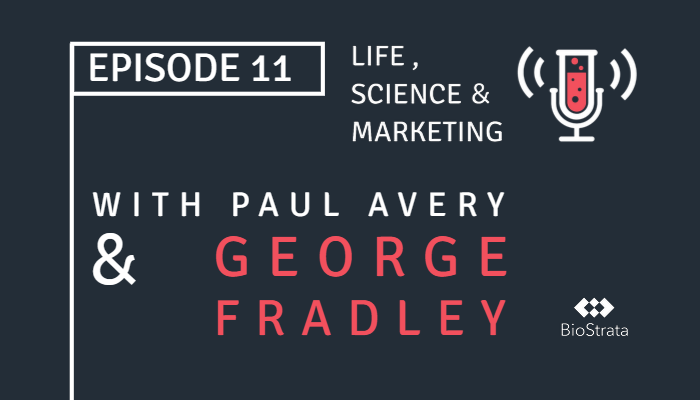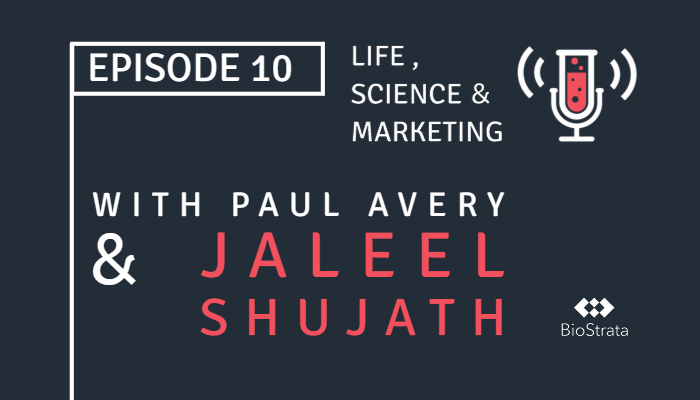As a reasonably new event, launched only in 2013, ON Helix has just run for the third year and has continued its now traditional welcome reception and BioNewsRound awards with the introduction of a panel discussion. Having attended the reception myself, it was a great opportunity to meet with members of academia and industry with an interest in translational research and discuss some of the latest developments within this application area.
The evening consisted of two primary aspects: the BioNewsRound awards and a panel discussion around the value of getting research published.
The BioNewsRound Awards
Nine finalists presented their work for the award, with presentation topics ranging from antibody discovery and ovarian cancer screening, to DNA analysis on a semiconductor chip and non-invasive prenatal screening. The talks were interesting and insightful, exploring the future implications of the technologies and partnerships currently in development. After listening to all nine presentations, the audience was asked to vote anonymously.
The winner, Abcodia, is launching an ovarian cancer screening test that will enable healthcare professionals to detect cancer earlier, which is also twice as effective as current methods. Launching primarily in the UK, this test represents a UK biotech company that is bringing to market an early detection system with increased accuracy in the hope of saving more lives through increased treatment options.


Publishing: Show me the data
Data shows that less than 1% of life scientists publish their work every year. With such a low figure, is it really that difficult to get published? What are the constraints holding researchers back? The panel discussion heard from three representatives, each with a different take on the landscape of publishing today. We first heard from Nicola Stead, from the open access journal PLOS ONE, who believes that all science deserves to be published in order to get it into the public domain for sharing and learning. Her talk opened discussion with the audience about the perceived importance of publication in high impact factor journals versus lower impact options. If you can’t get into Nature or Science, is it still worth publishing?
Next we heard from academic, Klaus Okkenhaug at the Babraham Institute who discussed the mantra ‘publish or perish’. Publication is a key part of an academic’s career, and the journals in which you submit work need to be carefully considered. Although high impact factor journals are essential for significant work, researchers need to understand that not everything will reach that level – for example the Origin of Species was never peer-reviewed.
Finally we heard from Matthew Sleaman,at MedImmune/AstraZeneca who talked about how industry is becoming more involved in publishing, in order to help their positioning as thought leaders. By trying to break through the perception of big pharma as being secretive, publication is now being encouraged in order to provide transparency. They do however need to protect their IP and competitive advantage, which is why patents are always secured before publication.
The conclusion of the panel discussion was that publication is important for everyone, across academia and industry to share their findings. Although high impact factor journals still have their place for works of great significance, lower impact ones are just as valid for sharing and learning with our peers. So why is it that only 1% of life scientists are publishing per annum? Well, given the discussions that took place, that’s not so clear as it seems that more and more people are publishing, and the channels with which to publish are broadening.


All in all, this evening event was a great way to kick-off ON Helix. The combination of academia and industry with awards and discussions (not to mention the wine and cheese!) made the event a fantastic success.
Incase you missed ON Helix this year, not to worry - we'll see you at the next one on 28th June 2016, with the welcome reception the evening before.
For more information on ON Helix and One Nucleus visit www.onhelix.com and www.onenucleus.com.




